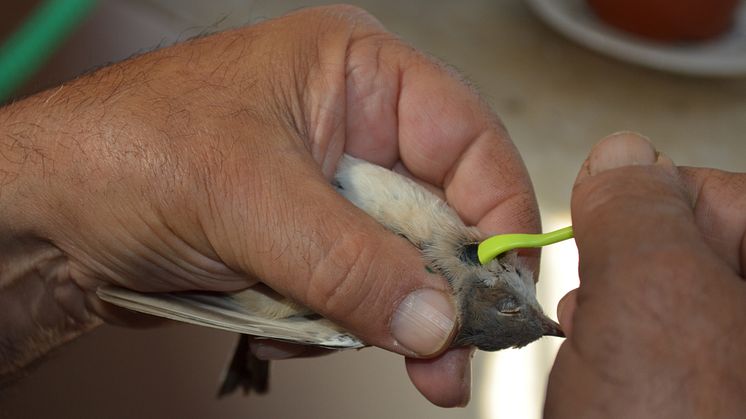Ticks on migratory birds found to carry newly discovered hemorrhagic fever virus
In a new study, researchers at Uppsala University and other institutions have identified genetic material from the recently identified Alkhurma hemorrhagic fever virus in the tick species Hyalomma rufipes. The discovery was made after thousands of ticks were collected from migratory birds . The results indicate that birds could contribute to spreading the virus to new geographical areas.
